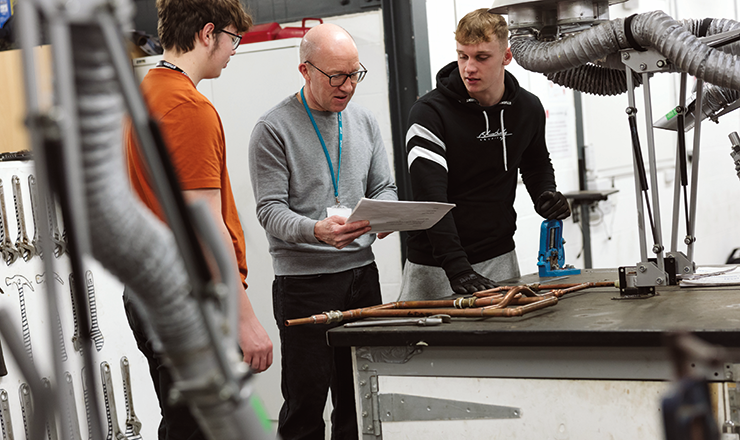
CIPHE renews call for compulsory TMVs
The Chartered Institute of Plumbing and Heating Engineering (CIPHE) is talking tough on thermostatic mixing valves (TMVs) as it renews its call for the government to change legislation surrounding the devices.
The latest hospital admission statistics from NHS Digital show that the most vulnerable people in society continue to be at a risk from household scalds and burns. Admission figures show that scalds from tap water remained a significant issue for young people and the elderly in 2018/19, with:
• 34 per cent of scalding admissions aged 9 years or under
• Nearly 19 per cent of scalding admissions aged 60 years or over.
“Hot bath water is responsible for the highest number of fatal and severe scalding injuries among young children,” says The Royal Society for the Prevention of Accidents (RoSPA). “Around 500 children, mainly under-fives, are admitted to hospital and a further 2,000 attend A&E departments every year as a result of bath water scalds.”
RoSPA figures also show that older people are five times more at risk of a fatal burn or scald. And it’s not just hot water causing problems: radiators, towel warmers and central heating pipes can reach temperatures that high enough to cause a burn. Elderly people are particularly vulnerable to the effects of scalding because they often live alone, in older homes, that feature outdated plumbing.
CIPHE is keen to see the government extend current TMV legislation to make their use compulsory in all homes. CEO Kevin Wellman says: “I find it unacceptable that so many innocent people are suffering scalds and burns. The majority of scalding incidents can be avoided – however, a lack of legislation and general knowledge continues to hinder efforts to eliminate these incidents.
“The CIPHE’s perspective on this is clear: we need to reduce the risk by raising general awareness of the dangers in our homes. We need to change legislation to enforce the use of protective devices such as TMVs in all homes (not just new-build); we need to educate the public on the importance of regularly maintaining these devices and we need to ensure that all those working on plumbing and heating systems are qualified and competent to do so.”

